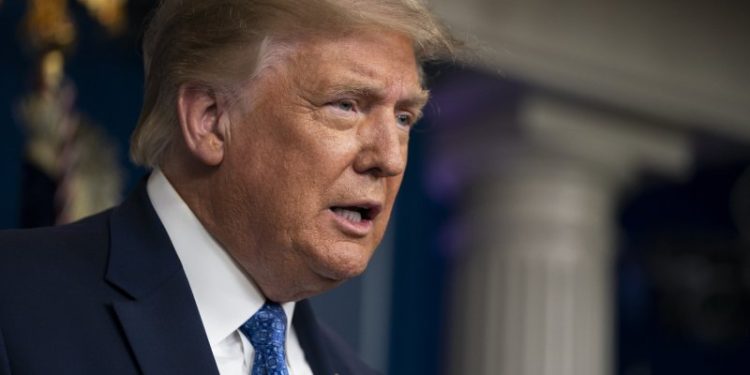Tuesday night’s presidential debate between Donald Trump and Kamala Harris is shaping up to be the political event of the year, possibly even the decade. The stakes couldn’t be higher, with the future direction of America on the line in November.
The contrast between the candidates is stark. Harris represents the radical left with her vision for a wealth-redistribution-driven nanny state, open borders, heavy gun restrictions, and a soft approach to law enforcement. Meanwhile, Trump’s “America First” and “Make America Great Again” platforms continue to resonate with millions of hard-working Americans who feel that traditional values are being eroded by extreme left-wing policies and unchecked illegal immigration.
For Trump, his performance—especially how he handles himself—is critical. He needs to stay focused, resist the urge to mock or bully Harris, and present himself as a leader. Appealing to female voters by avoiding a “man versus woman” bullying scenario will be key.
On the other hand, Harris must avoid her well-known pitfalls, such as delivering convoluted word salads and denying or sidestepping her multiple policy flip-flops. She’ll also need to defend her track record, which includes controversial stances she has taken during her career.
Republican strategist Karl Rove believes Trump faces the tougher task, given that he’s running on substantial issues, unlike Harris’s “joy” campaign, which lacks depth. This means Trump needs to be disciplined and on message throughout the debate.
As Tim Murtaugh, a senior Trump campaign advisor, highlighted, Trump’s goal will be to hold Harris accountable for her record, including her tenure as San Francisco district attorney and her time as vice president. Murtaugh pointed out, “By the end of this debate, everyone will know her record,” exposing Harris for the San Francisco liberal she is despite her current efforts to soften that image.
The debate’s two-minute closing statements will be crucial, especially Trump’s, which will follow Harris’s. Journalist Isaac Schorr suggested that Trump could potentially win the debate—and the election—in those final two minutes, with a message that resonates with the economic and security concerns of voters. Schorr envisions Trump reminding voters of the prosperity and stability during his presidency, contrasting it with the chaos under Biden and Harris. A well-delivered closing could seal the deal.
While Trump’s extemporaneous speaking skills and extensive debate experience give him a distinct advantage over Harris, who often struggles in such settings, the outcome hinges on his ability to stay on course. Given the high stakes and Harris’s vulnerability on key issues, many are betting that Trump will come out on top.
 Telegram is where we really talk. Don't miss out!
Telegram is where we really talk. Don't miss out!







